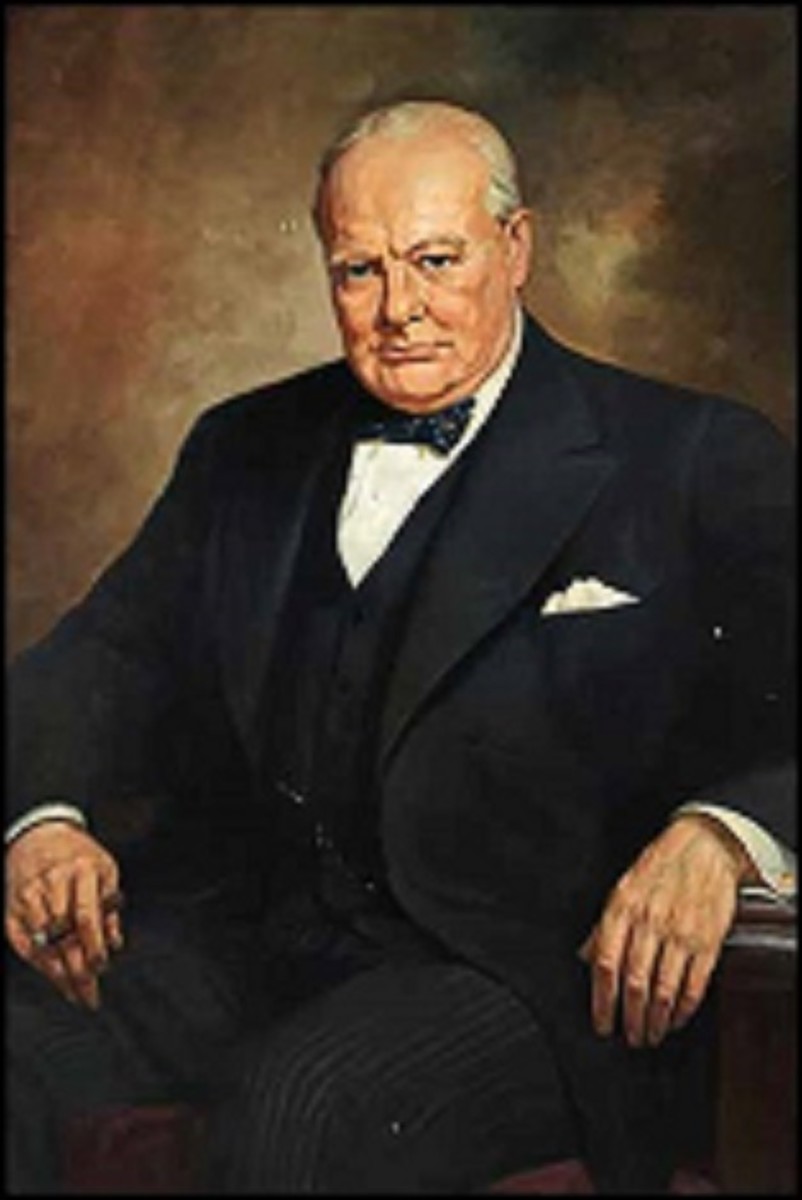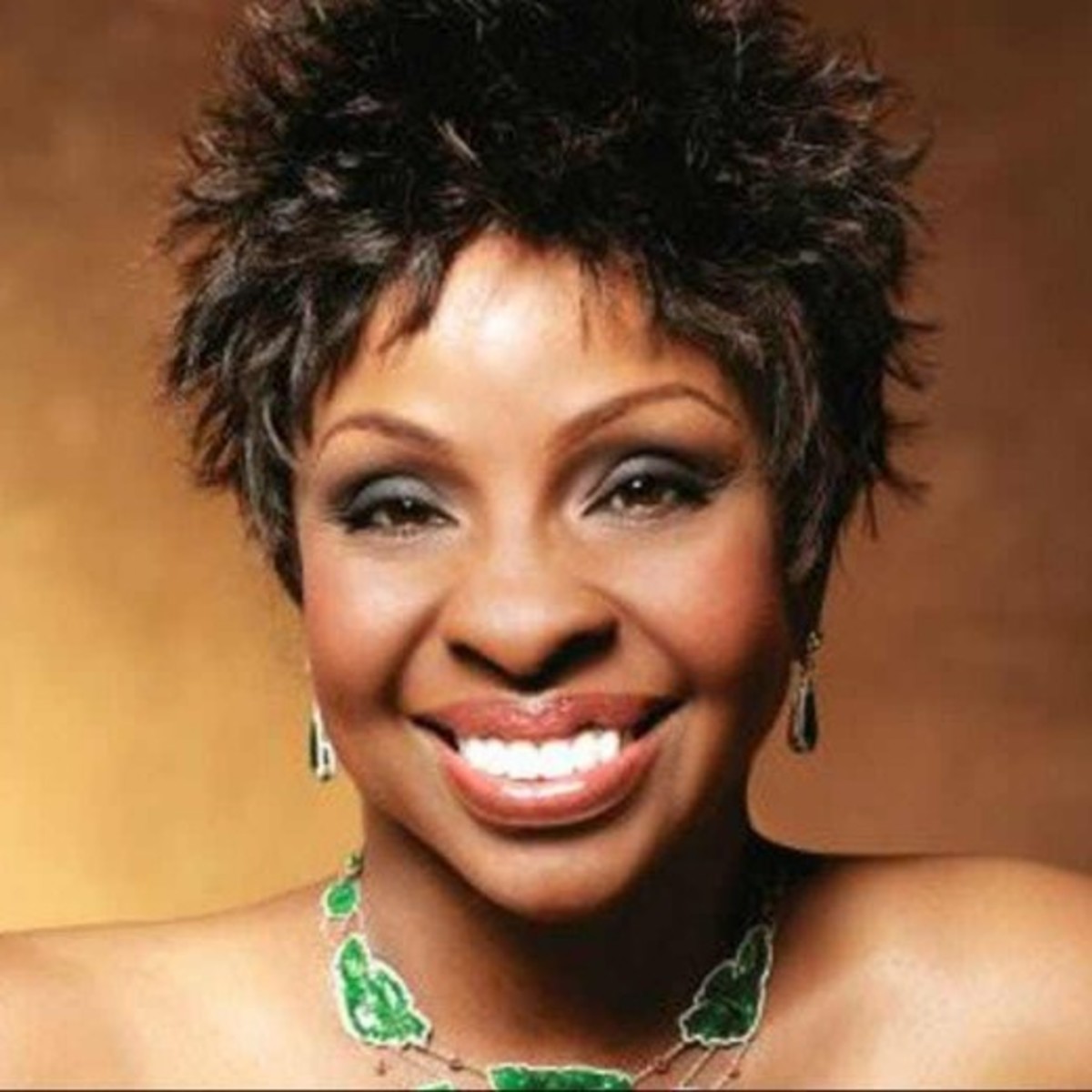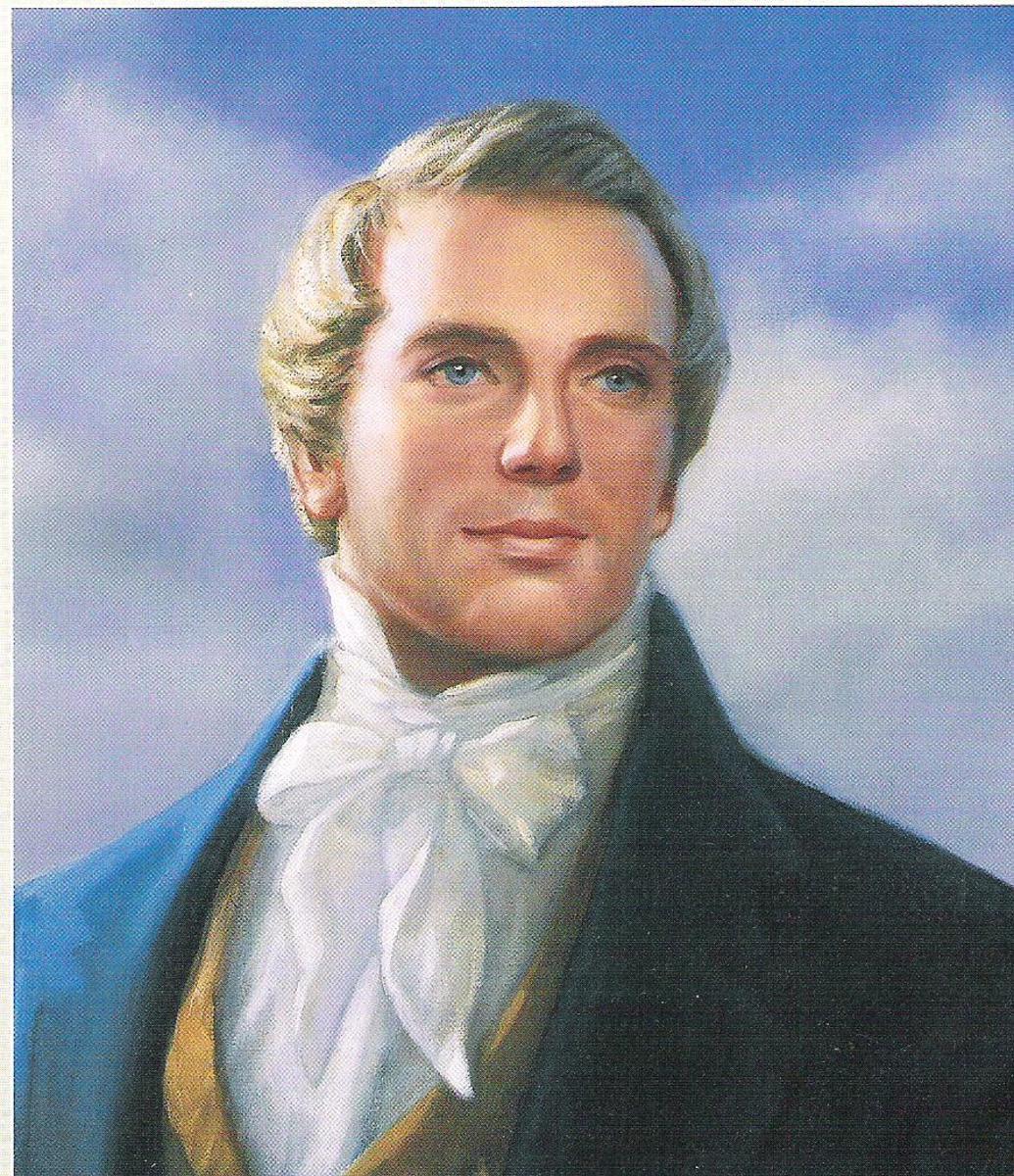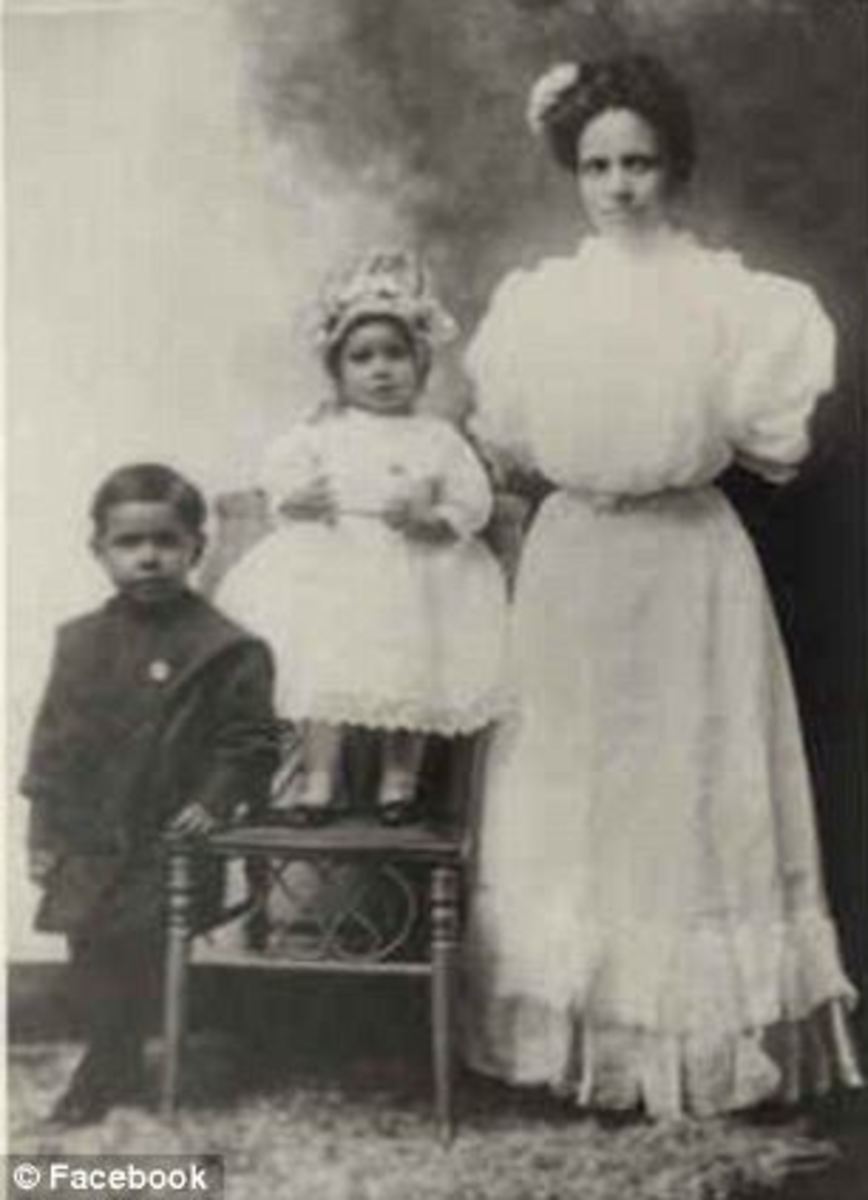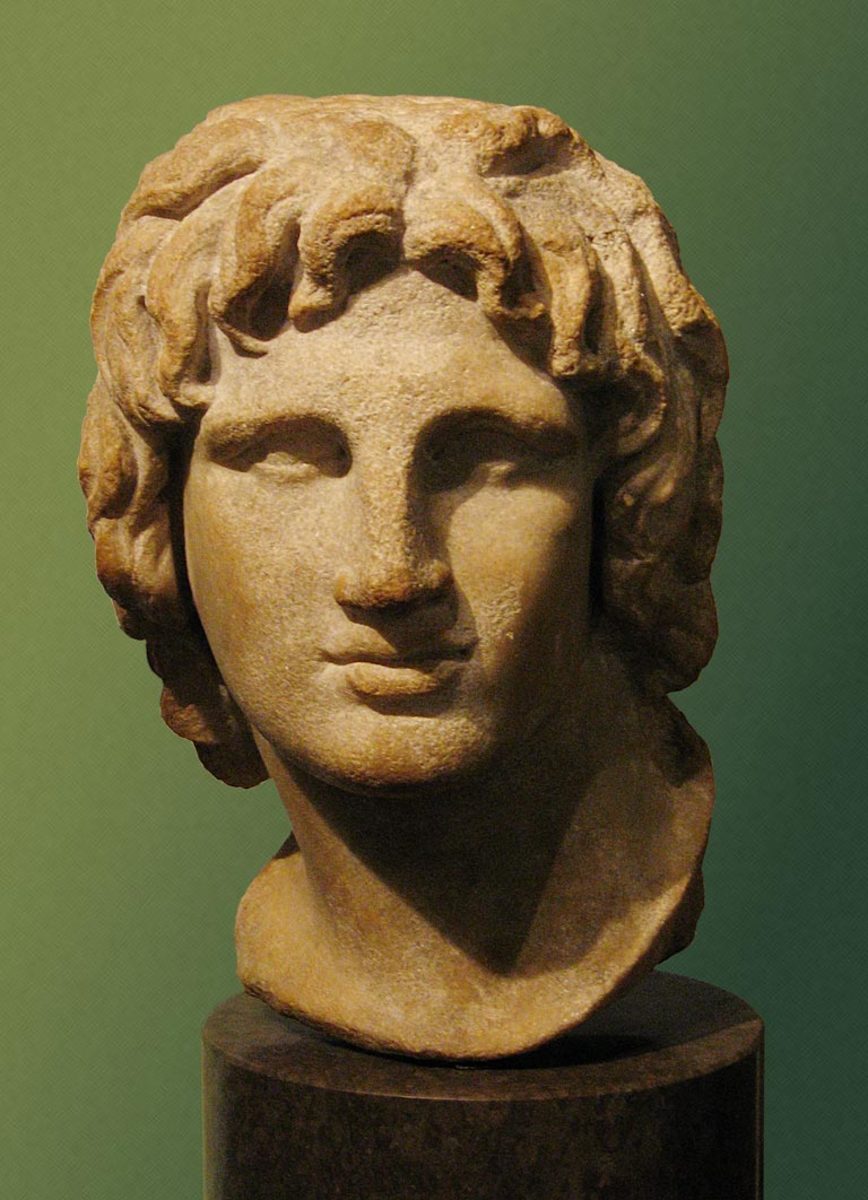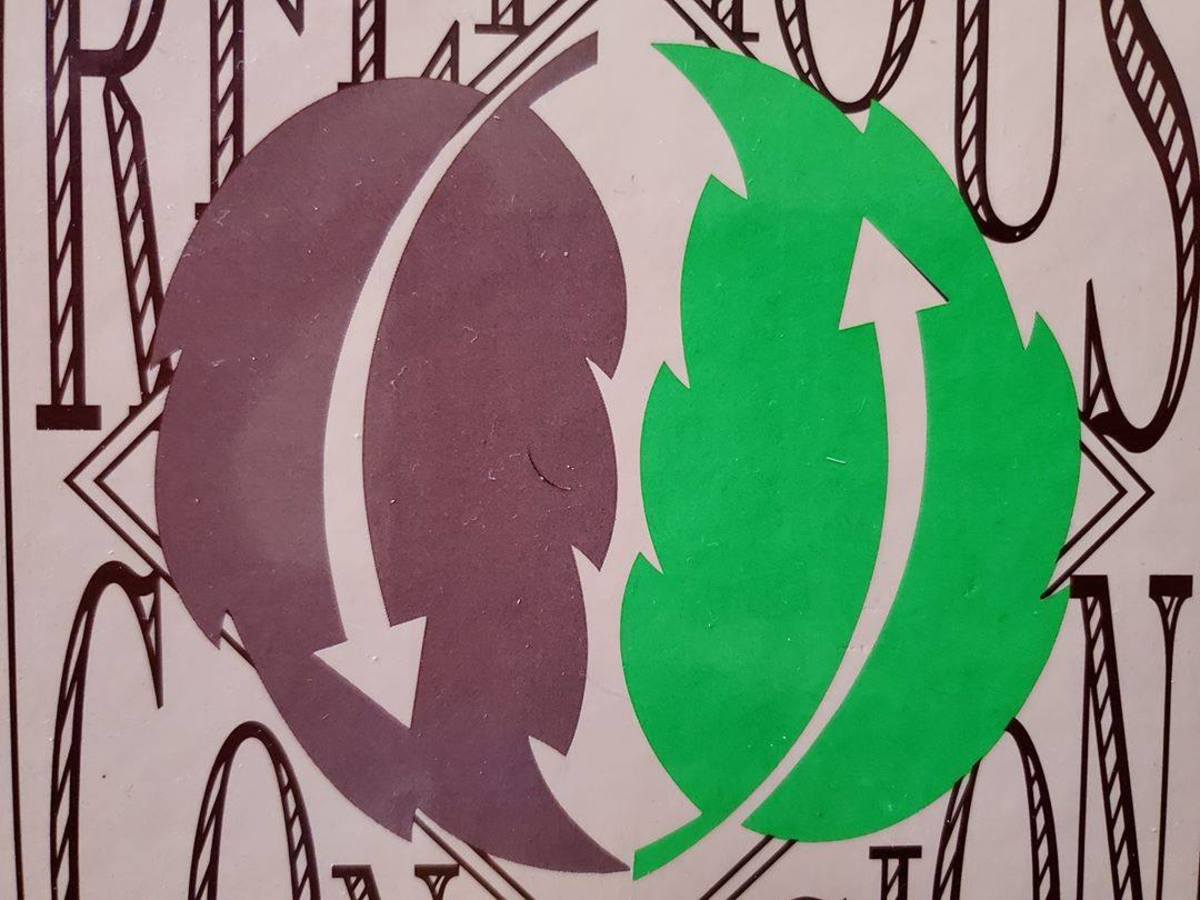Seeing Past Skin
I thought Black people were treated second class in ALL White societies until I learned I was wrong. I had joined a church where the White members seemed to be treating me like an equal. Of course, it's anecdotal but read about it anyway.
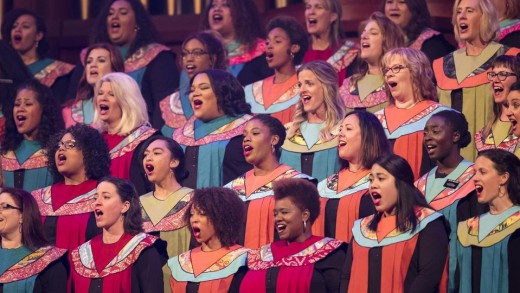
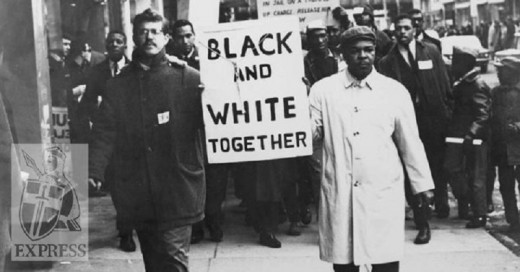
The White People
Going to seminary, a daily religious class offered to teen members of The Church of Jesus Christ of Latter-day Saints during the school year highlighted my day. It was also another excuse to be with her, "Esther." I say "Esther" because her name is not Esther, but it's easier to disguise the real person using a totally different name unless you know me.
In "Being a Latter-day Saint and a Black American: Singing," I mentioned my crush on a young woman named Esther. My association with her aided me to feel like I fit in. Aside from performing music with her, Esther took me to seminary as an added service as I aged into an older teen with no car. My feelings bloomed for her, though, never did I act on them because I feared the White people.
I figured if I asked her out, maybe the White people would kick me out of the Church. It may have been untrue, but I was unwilling to find out.
I attended church with "real" Southerners, not just Utah transplants. "Real" Southerner meant someone with historical ties to the South and its pro-Confederacy culture that constantly surrounded me growing up. In my mind, a real Southerner was a White man or woman who tolerated Blacks, to be polite. God had His work cut out transforming me because I still did not trust White people.
I experienced many racist insults I did not understand at the hands of some ignorant people, both White and Black, from a young age. It was clear on many such occasions that my "black" skin made me not welcome to step out of the racial norms in those social settings. With the members of The Church of Jesus Christ of Latter-day Saints, I did not get that impression, but having grown up with that idea enforced in my culture, racism was the impression that I brought with me to the Church.
As a younger man, however, only one family turned me away for racial reasons when I received the assignment as their home teacher (visiting lay minister now called ministering brother), for being Black. I understood it and accepted it because it is the South, and the family is White. Why should I expect something different from White people whether they are Saints or not? At the time, I could not articulate it, but I did expect something different from White Saints.
When our congregation or ward split due to significant growth in the area, I was separated from the only family of Black Saints in the ward who regularly attended meetings. There were Black Latter-day Saints in the area. Most decided to leave the Church after a while and associate and worship with other Black people from their previous churches, the cultural gap proving an obstacle for them whether they agreed with the doctrines of The Church of Jesus Christ or not.
I was devastated. I "knew" (and by "knew," not knew) that with that family missing from my weekly worship I would experience rejection from the remaining Whites members. I was blessed to have a couple of years in that ward before we split into two different wards. I made no plans to go back to my historically Black religious church worship since I first found Jesus in reading The Book of Mormon: Another Testament of Jesus Christ.
I found fellowship among the Latter-day Saints I had never experienced with other members in other churches I attended. I learned that sharing the same race with the majority of adherents of a church was not enough to deter my resolve to worship with the White Saints, even if I felt alone sometimes.
No Boat Rocking
Rarely did I experience racism in the Church. Most of my racist experiences occurred only in my head, produced by my cultural (media) experiences and not by reality. My racist experiences happened when I was alone with a book about Church history. The Saints, though Southern, did not show any racism to me if they felt it. I just made sure I did not rock the boat socially. I danced with the White girls at Church youth events, and that was all.
Mavis Harrell took me to church almost every Sunday. Sister Harrell, an older woman, was also very kind to me. She treated me as the person I was. I began to associate Utah with non-racist people because of her and a few others I met in my ward, the transplants. Sister Harrell was a transplant. She rarely missed Church, so it was great having her provide rides to me. I owe her an enormous debt for providing me with that service. Funny; what made me think that Sister Harrell was not about racism, per se, but a comment she made on the way to Church for a non-sabbath meeting.
The Glove Did Not Fit. You must Acquit.
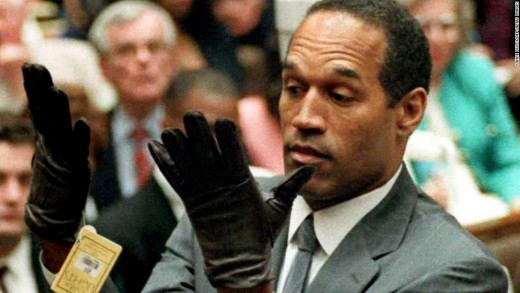
The OJ Simpson Racism Indicator?
News about the O. J. Simpson case was all abuzz in the world and playing on her radio. In an angry tone, she said, "He is innocent!" In her mind, the glove did not fit so they should acquit. That a White person would side with a Black person, an old White person at that, was a revelation. (Funny, also, that now I think the man actually killed his wife.) Slowly, the members of the Church, my congregation, taught me how to stop being so race-oriented with all things. It took years, but it was happening.
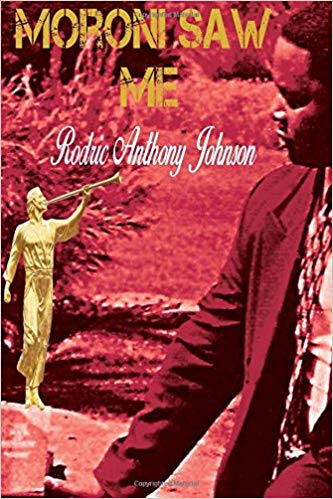
Moroni Perspective
Moroni saw me. When he wrote over the centuries for my benefit, he told me what church was for. He taught that the purpose of the church is "to meet together oft (often), to fast and to pray, and to speak one with another concerning the welfare of their souls." Moroni 6:5 It does not matter the pigmentation of our skin when we are disciples of Jesus Christ. We covenant to care for each other.
Moroni saw that I would crush on Esther and be preoccupied with my racial description.This historian added a key by which I could become a faithful follower of the Kingdom of Christ. Quoting his father, whose name was Mormon, Moroni told me the key is behavior. "I judge these things of you because of your peaceable walk with the children of men," Moroni quotes. "For I remember the word of God which saith by their works ye shall know them; for if their works be good, then they are good also." Moroni 7:4-5
I saw good works and gave thanks or glory to the Lord for showing me a group of people who I could trust with my heart. Moroni knew that I needed that; so, he wrote about it.
My view of race and culture did not change overnight. It is still a work in progress. Being a member of The Church of Jesus Christ of Latter-day Saints helped me learn to value myself and others.
Participate
Would you be willing to read the book associated with this article?
I am still so happy that the people who are in my life who are members of the Church and who are White have made an effort to not offend me. They have to be making an effort because it has not happened. I am so glad that I am not expected to endure those trials. I have enough issues going on in my life without feeling that I don't fit in with my fellow Saints.
— Rodric Anthony - FacebookThis content is accurate and true to the best of the author’s knowledge and is not meant to substitute for formal and individualized advice from a qualified professional.
© 2016 Rodric Anthony Johnson

